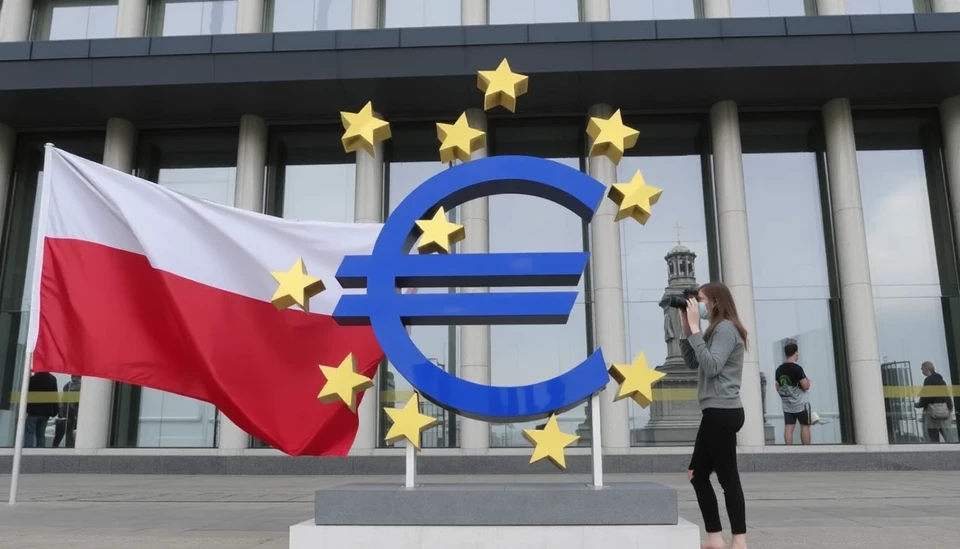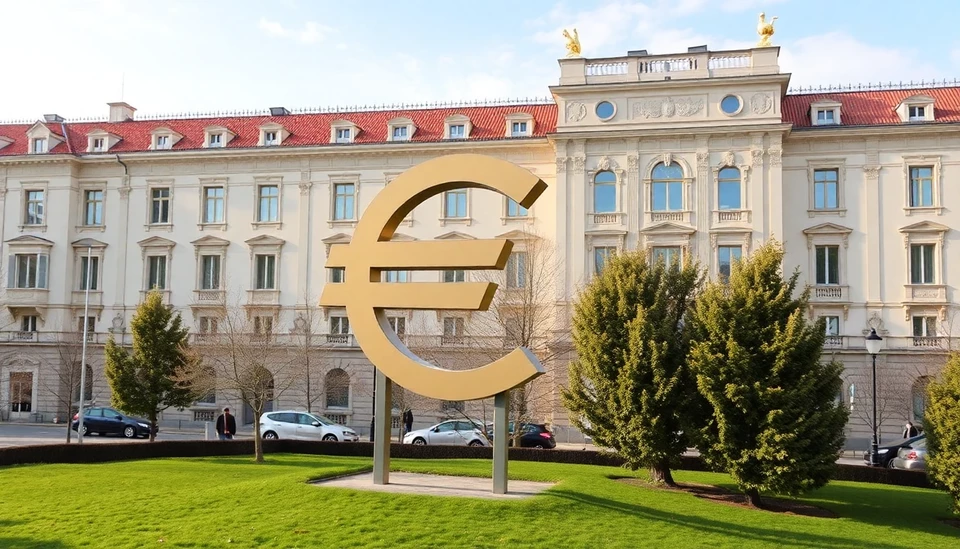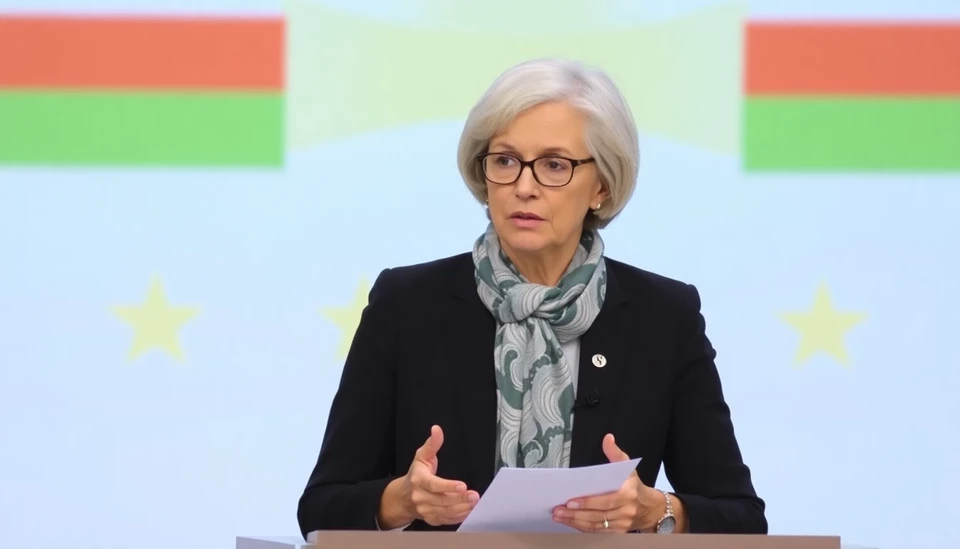
In a significant policy shift, Bulgaria has tempered its ambitions to adopt the euro following recent data that revealed its inflation rate exceeded the European Union's criteria. This move comes as the nation strives to stabilize its economy and align better with EU standards, but the current inflation challenges have raised doubts among policymakers and citizens alike.
Recent reports indicate that Bulgaria's inflation rate has exceeded the EU's stipulated thresholds, which necessitate that member states maintain stable prices as part of the adoption process for the euro. The government's hesitance to proceed with euro adoption underscores the significance of inflation as a critical economic parameter, as it directly impacts the cost of living and economic stability for the citizens.
Bulgaria, which has long sought to join the Eurozone, was aiming for a transition that would signify a deeper integration into the European Union. However, with inflation rates rising, officials are now carefully reevaluating the timeline for this significant economic transition. The governing body is striving to respond to public concerns over rising prices while also looking at measures to improve the overall economic situation in the country.
Economic analysts have pointed out that the delay in euro adoption may, in the short term, allow Bulgaria to implement necessary reforms and stabilize its economy. Unfortunately, this has also led to increased uncertainty among investors and influential stakeholders who are closely monitoring the country's economic trajectory. While Bulgaria presents its case to the EU, the mounting inflation puts significant pressure on the government's agenda.
The Bulgarian government has expressed its commitment to meeting the Eurozone criteria, yet its focus has now shifted toward addressing inflation before pursuing euro adoption. Officials stated that tackling the inflation issue is a top priority, and they aim to ensure that necessary economic adjustments are made to create a sustainable path toward adopting the euro in the future.
This slowdown in the adoption process highlights the delicate balance between national economic health and the obligations of EU membership. As Bulgaria navigates these challenges, it must carefully consider its strategy to foster growth while simultaneously addressing the inflation that threatens the livelihoods of its people.
As discussions continue, both government authorities and the public eagerly await the next steps on this critical financial movement. The decisions made now will not only shape Bulgaria's economic landscape but also determine its position within the European Union in the years to come.
#Bulgaria #EuroAdoption #Inflation #EconomicStability #EuropeanUnion
Author: Daniel Foster


